How to say hello correctly in 16 different Nigerian languages
Communicating can be difficult in Nigeria, a country with over 500 different languages. So, the best place to start is at the beginning, with 'hello'.
When you meet someone for the first time, what do you say? Hello!
Hello can start any conversation and lead to a great friendship.
With a great number of local dialects, Nigeria has got lots of different expressions that count as Hello.
Legit.ng has gathered different ways you can say hello in Nigerian languages.
1. Bawo ni
This is the standard way of greeting in Yoruba. It means ‘How are you’ and can be used informally and formally at any time of the day. Though, it is not advisable to say ‘Bawo ni’ to elderly people.
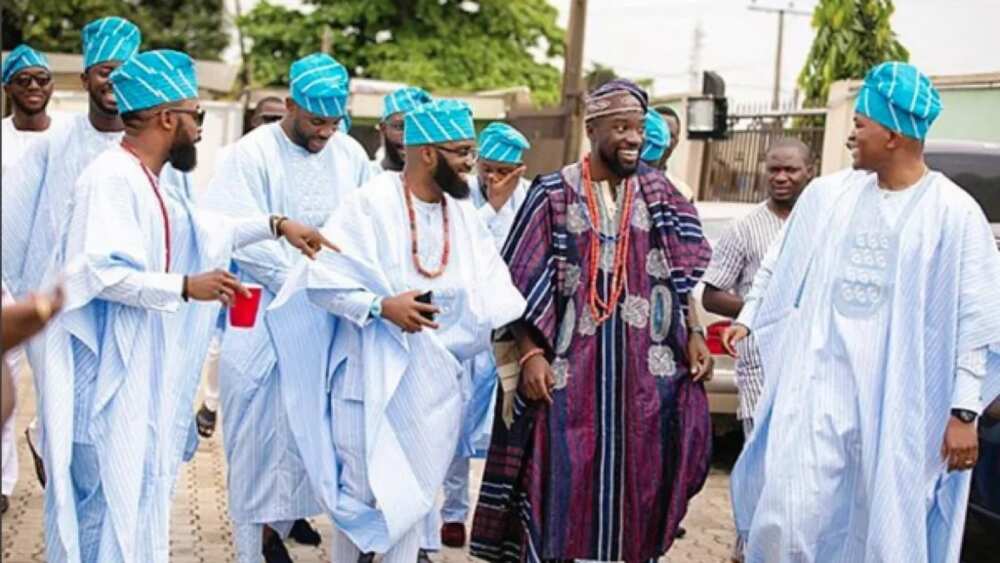
2. Kedu
This is how to say hello in Igbo. It literally translates as “how are you”. It is a common greeting among the Igbos and can be used any time of day in any kind of situation.
READ ALSO: Sanusi reportedly prepares for legal tussle with Kano Assembly over planned removal as emir
3. Sannu
This is a formal way to say hello in Hausa. It is commonly used in northern Nigeria.
4. Kóyo
It is a way of saying “hello” or “how are you” in Benin. This greeting is commonly used in Benin and neighboring communities. It can be used at any time of the day and in any situation.
5. Mesiere
This is commonly used by Efik/Ibibio people to say hello. It is an everyday, complimentary greeting used between all people. However, some are of the opinion that “ Idem mfo? “ or “ Abadie” are better interpretations.
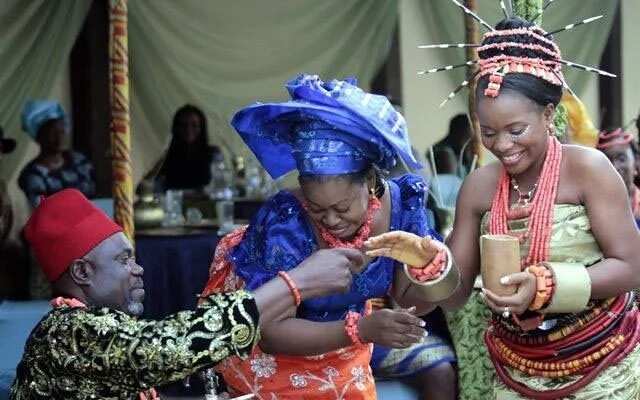
6. Ado
This is how to say hello in Ijaw language which is spoken in Bayelsa state. However, this greeting has several variations. You could say ‘Tobaroa’, ‘Nua’,’botei’, or ‘Ibasa’.
READ ALSO: Osinbajo arrives Katsina
7. Ibaatẹ
This is how the Kalabari say hello. It is a general form of greeting. It belongs to the Ijaw ethnic group in Niger River Delta.
8. Mavo
Literally translated as “how are you?”, Mavo is how you say hello in Urhobo spoken in Delta state. It can be used in both formal and informal situations.
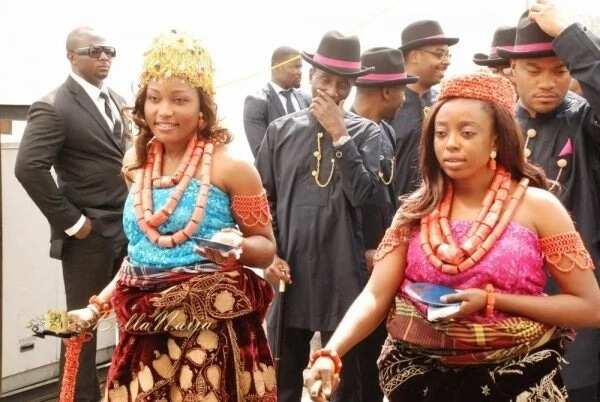
9. Abole
This could be translated as “How are you?” or “Hello”. It is used by Idoma people in Benue state to say ‘hello’.
READ ALSO: Meet the First Ladies: 6 south west govs' wives and what you need to know about them (photos)
10. Ushé-ushé
This is a form of general greeting in Kanuri language which is spoken in former Kanem and Bornu empire. In an informal setting you can say “Awi yei?” which means “how are you?”
11. Shòù
This is how to say hello in Izere language. Izere is spoken in Plateau state. You can also say “Dàkàzha”.
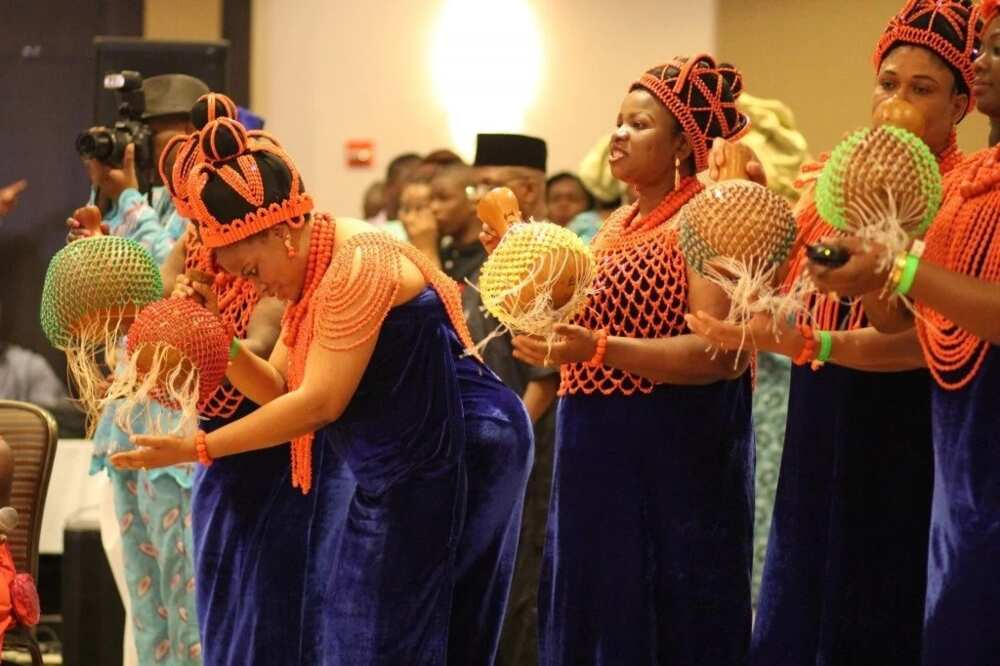
12. Ìsoko
This how you say hello and call out a general greeting in Jibu language which is spoken in Taraba state.
13. Me digwa
This is a general greeting in Isoko language which is spoken in Isoko local government area and Ndokwa local government area of Delta state. It can pass for “hello”. When someone says, “Me digwa” you respond, “Re do”.
READ ALSO: Revealed! Cabal wants Osinbajo to resign - Princess Hadiza Ibrahim
14. Agba
This is how to say hello in Igala which is widely spoken in Kogi state. When someone says ‘Agba’ you respond, ‘Awa’.
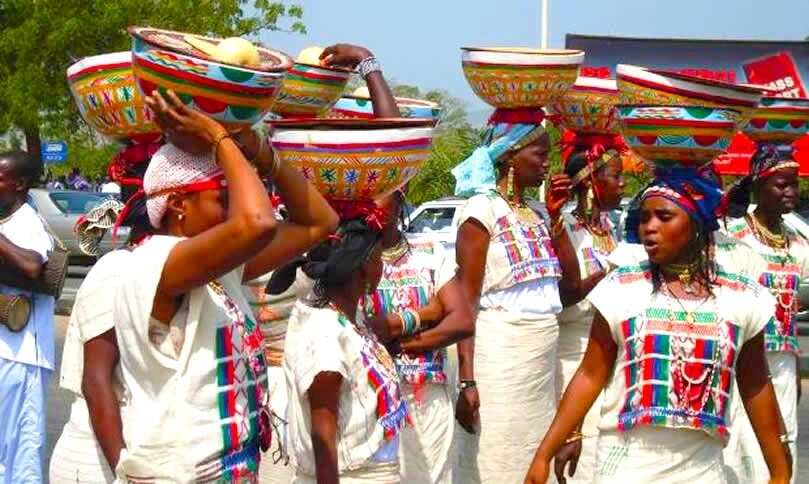
15. Wáà súnà
This means “good morning” in Kaningkom-Nindem language which is spoken in Kaduna state. You could also say “Yeni a wo?” which means how are you. The Kaningkom-Nindem language is .
16. I hail, how far
It is a very popular way of saying “hello” in pidgin.
In the video below, Legit.ng keeps you updated the most controversial topics on the social media in the past one week.
Source: Legit.ng
